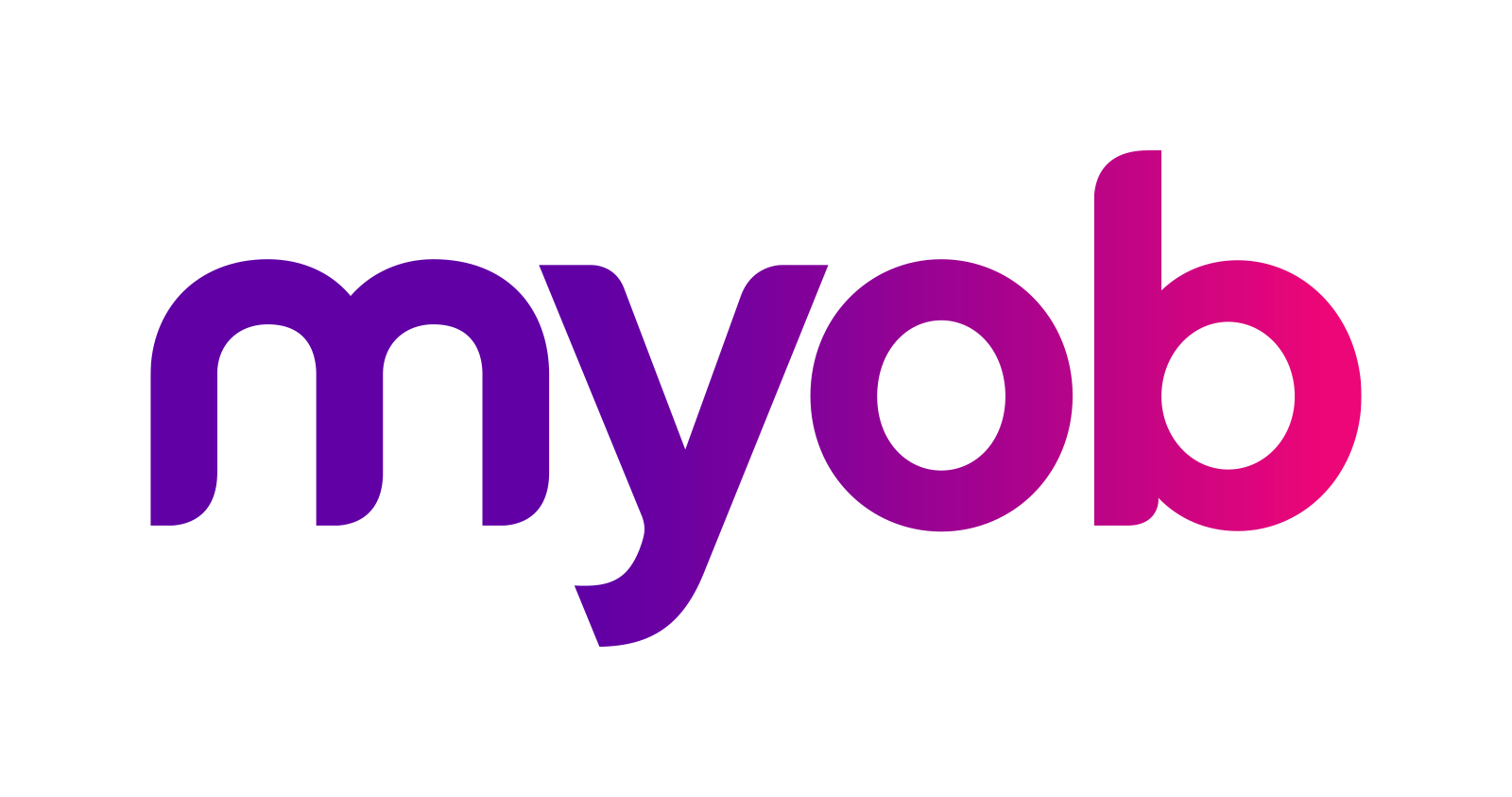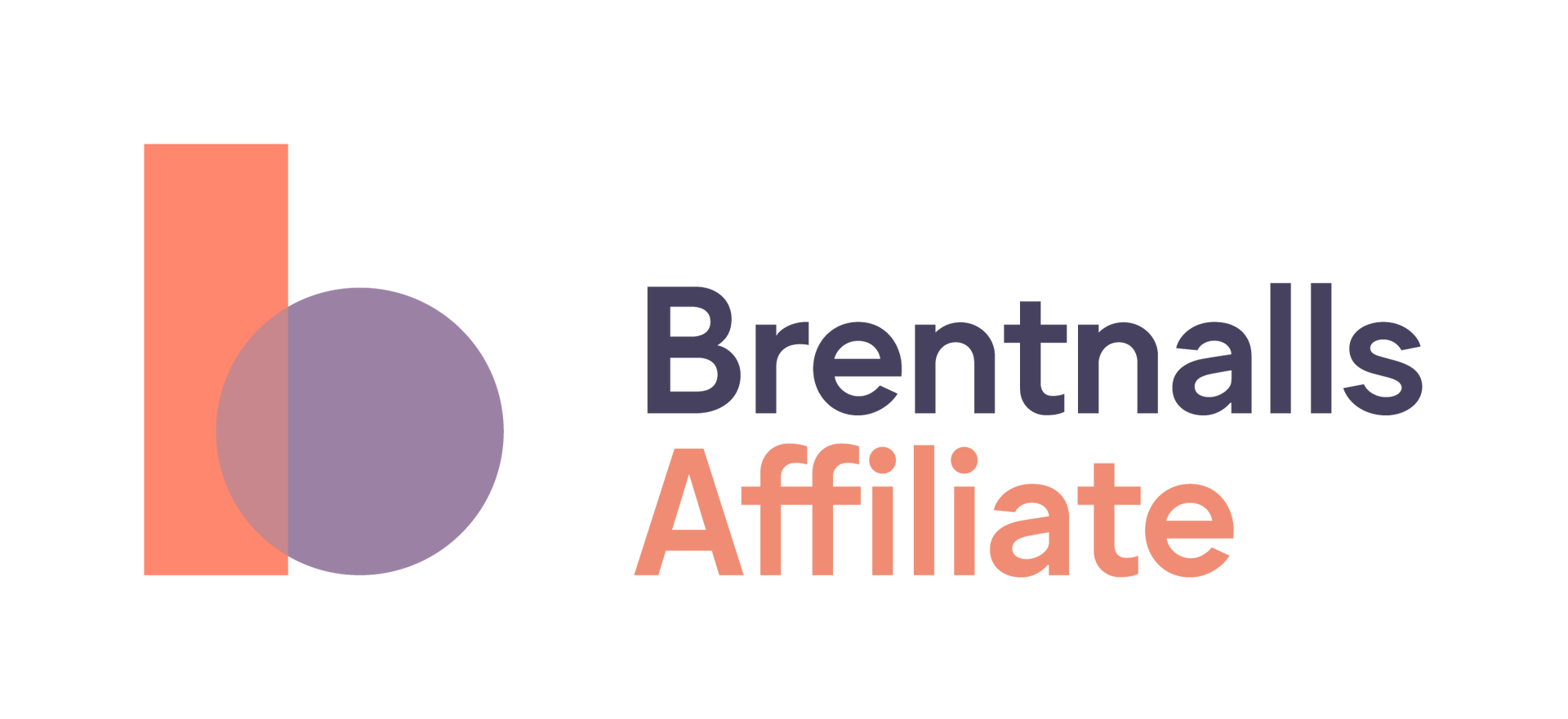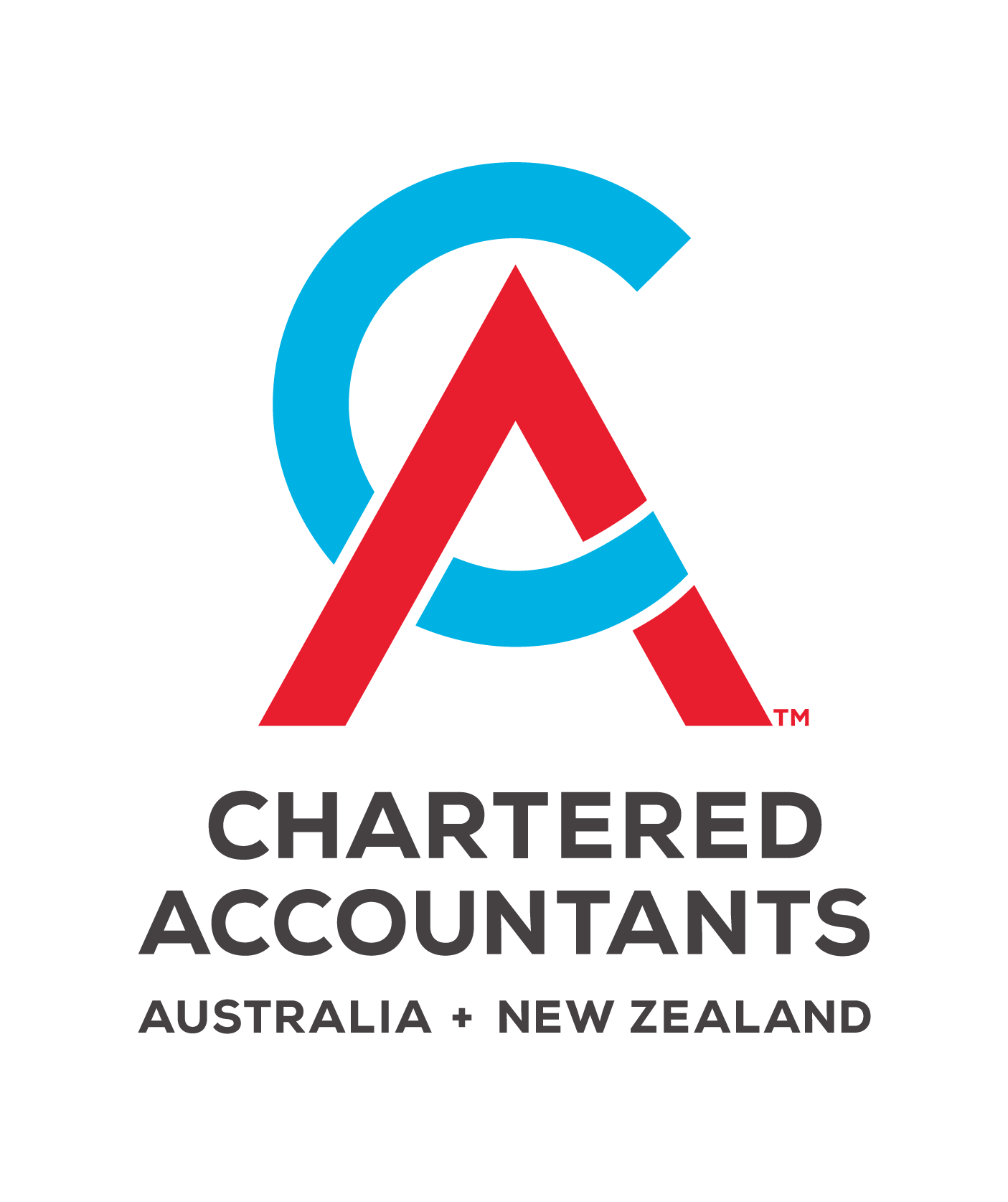News Articles
Health Industry
Get up to speed with health professionals and support services awards 2020 changes
22 August 2022

In May, a significant change was made to the Health Professionals and Support Services Award 2020, administered by the Fair Work Commission.
The changes came into effect on 9 May 2022 and the onus is now on employers to review the pay practices of full-time health professionals or support service staff who are paid annualised salaries and are not covered by enterprise agreements. This review must also include checking timekeeping records and employment contracts.
The Fair Work Commission has new, stringent conditions for annualised wages for a broader range of classifications in the Health Professionals and Support Services Award 2020.
Danny Haydon, Chairman/Principal, Health Division, Brentnalls SA, said, “The changes to the Health Professionals and Support Services Award 2020 have been enacted to ensure that employees are not disadvantaged by annualised salary arrangements.”
An overview of the changes
The Fair Work Ombudsman1
has provided an overview of the changes included in the Health Services Award. For starters, full-time employees can agree to be paid an annual wage instead of a weekly or hourly pay rate if they’re classified as:
- Support Services levels 8 or 9, or
- Health Professional levels 2 to 4.
An annual wage under the Health Services Award can compensate an employee for their award minimum:
- wages,
- allowances,
- overtime, penalty and shift rates for a limited number of hours, and
- leave loading.
Employees and employers can end an annual wage arrangement:
- at any time, by agreeing in writing that the arrangement is ending, and
- by giving the other party 12 months written notice that the arrangement is ending.
The Fair Work
Commission has
new, stringent
conditions for
annualised wages
for a broader range
of classifications
in the Health Professionals and Support Services
Award 2020.


Written annual wage arrangement
The annual wage arrangement needs to be in writing and explain:
- the annual wage that will be paid,
- which award entitlements are included in the annual wage,
- how the annual wage has been calculated, including any assumptions used in the calculation, and
- the maximum (or ‘outer limit’) penalty hours and overtime hours the employee can work in a pay period or roster cycle without extra payment.
Employers must give their employees a copy of the arrangement.
Record-keeping
The employer needs to record the employees:
- start and finish times, and
- unpaid breaks.
Employees then sign the record of hours, either in person or electronically, at the end of every pay period or roster cycle. This record is used for annual reconciliations.
Overtime and penalty rates
An annual wage doesn't mean an employee isn’t paid overtime or penalty rates. If an employee works for more than their agreed maximum (or ‘outer limit’) overtime or penalty hours in a pay period or roster cycle, they need to be paid for the extra hours at the overtime or penalty rate in the award.
Annual reconciliations
Employers must undertake a reconciliation of the employees annual wages:
- every 12 months after the arrangement starts, and
- when the arrangement or employment ends.
If the amount actually paid to the employee is less than the award payments that they would have been paid under the award, their employer must pay them the difference within 14 days.
What must be done and by when?
The changes started from the first pay period on or after 9 May 2022, which means the clock is ticking for all employers to get compliant. Failure to properly engage with these requirements for affected employees will be a breach of the Award and may therefore be subject to pecuniary penalties.
To comply with the changes to the Award, employers must:
- Make a new annualised wages agreement if paying annualised wages or “salaries” in the relevant classifications. Note: that employees can elect to accept this agreement or not.
- Identify which Award entitlements are accounted for in the agreement and the assumptions.
- Specify a maximum number of overtime hours in a roster cycle. Where an employee exceeds this amount of overtime in a pay cycle, they must be compensated.
- Revise letters of offer for new employees in those classifications for compliance.
- Keep records of the above and records of the employees start/finish times and unpaid breaks, which must be signed by employees every pay period or roster cycle.
Where to seek help?
Employers paying “salaries” to full-time employees should seek expert assistance from their HR advisor to determine whether their arrangements are compliant.
As these amendments to the Award have already commenced, employers must act now if they feel they need help navigating the impact on individual employment contracts, payroll processes, timekeeping, and records.
__________________________
Discuss Further?
If you would like to discuss, please get in touch.
Disclaimer
The information provided in this article does not constitute advice. The information is of a general nature only and does not take into account your individual financial situation. It should not be used, relied upon, or treated as a substitute for specific professional advice. We recommend that you contact Brentnalls SA before making any decision to discuss your particular requirements or circumstances.







